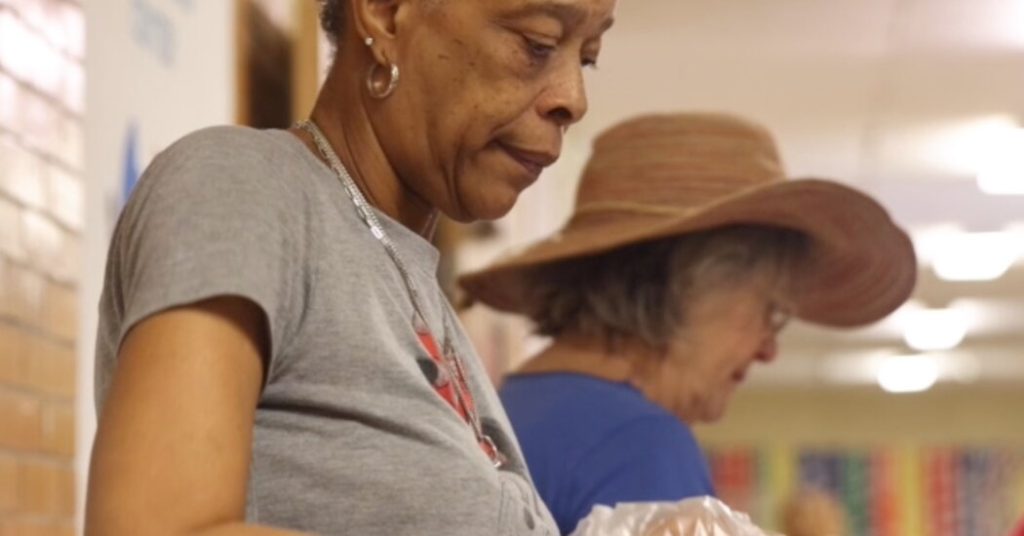The conservative journalist Andrew Breitbart observed that politics is downstream from culture — that voters are more influenced by what they watch, listen to and like than by actual politicians. As a Democrat who works on presidential campaigns, I think Mr. Breitbart was spot-on, and I’d torture the metaphor further: Democrats today are rowing upstream against powerful new cultural currents, while Republicans are working relentlessly to dam the river itself. The G.O.P. is focused on achieving long-term cultural change. We’re focused on short-term political gain.
Today’s culture is no longer a creation of executives in New York City and Los Angeles. Thanks to algorithms and an endless set of media choices, what you see, read and hear is a personalized reflection of your own interests. It’s like a city with a lot of different neighborhoods. You might live in the personal fitness neighborhood or the parenting neighborhood, but you’ll never cross over into the equine science neighborhood or, say, the politics neighborhood. So if you don’t care about politics — or more precisely, don’t trust our politics — you don’t have to hear about it at all. A voter can turn on, tune in or opt out.
It was these voters — opt-out voters — who decided the 2024 election. It’s these same voters Democrats are struggling to reach today.
At their core, opt-out voters generally don’t trust politicians or the mainstream media. Many assume the system is rigged, the media is biased and neither party is actually fighting for them.
But opting out of politics doesn’t mean never hearing about it. Opt-out voters aren’t watching CNN or paying for news subscriptions, but they still get a lot of information from social media, friends and family. Politics, for them, tends to show up as cultural drift — bits of stories, values and secondhand outrage shared online by friends, influencers and nonpolitical creators. It’s ambient, not deliberate. It’s culture, not news. A young dad scrolling Instagram for parenting tips stumbles across a clip about “traditional family values.” A small-business owner watching finance videos gets fed posts about why “woke policies” are destroying the economy. A 25-year-old gym enthusiast on TikTok starts seeing content about masculinity, personal responsibility and — soon enough — right-wing politics.

Credit…Liana Finck







